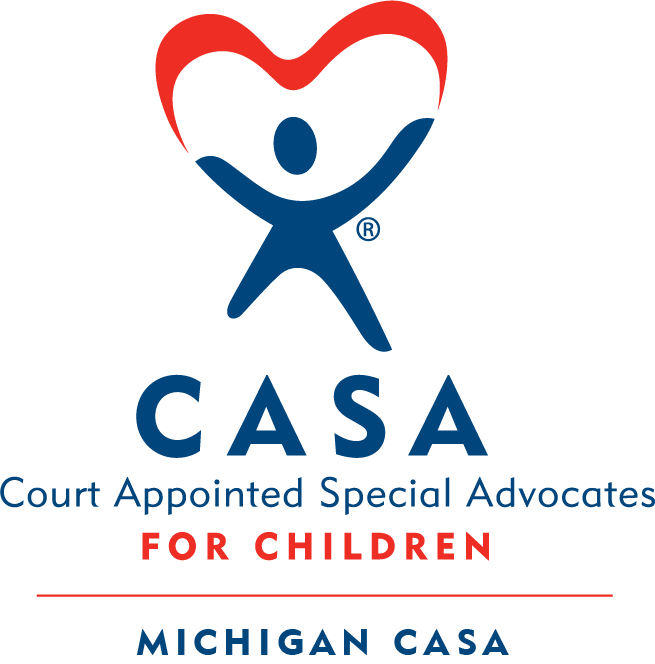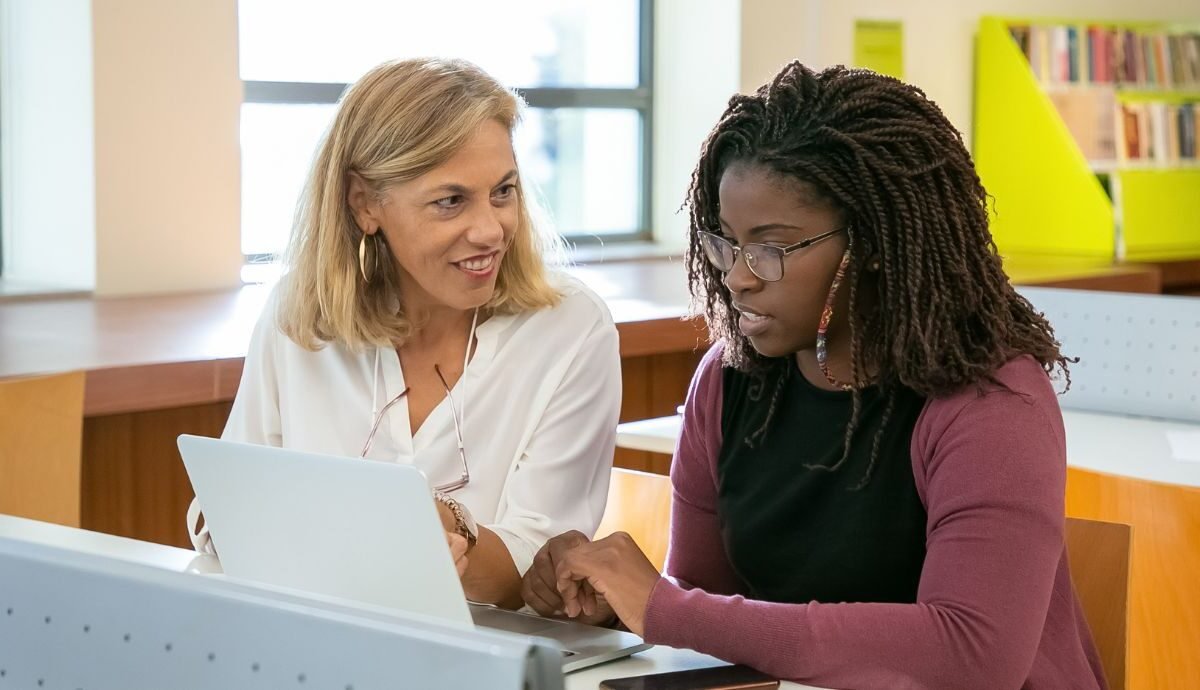Focus on back to school; education, CASA/GAL volunteers, and children in the child welfare system
August 13, 2024
It’s back-to-school season, and although it can be an exciting time, it can also be filled with anticipation and anxiety. It can be especially overwhelming for children who are in the child welfare system due to allegations of neglect or abuse. CASA and GAL volunteers are trained to gather information to advocate for children’s best interest in the court and in the classroom. The National CASA/GAL Association for Children recognizes that education is not merely an imperative, but a lifeline for children navigating the child welfare system.
Children in the child welfare system often fall behind their peers academically, and frequent school changes may disrupt learning trajectories and academic success. For those who have experienced trauma, it can affect concentration, memory, and cognitive development. CASA/GAL volunteers witness the toll of these challenges: missed classes, gaps in knowledge, and emotional upheaval and strongly advocate for educational stability, urging schools to accommodate transitions and provide continuity.
Here are a few additional ways CASA/GAL volunteers assist the children they serve during the new school year:
Connect the systems: Children and youth in the child welfare system navigate multiple systems (court, child welfare, school, health care). CASA and GAL volunteers connect the dots, ensuring information sharing for optimal outcomes.
Collaboration with schools: CASA/GAL volunteers maintain contact with teachers, counselors and administrators. Understanding the child’s unique strengths and challenges, they advocate for necessary support and educational stability. If needed, wraparound services, including health care and mentoring, are advocated for.
Support academic success: CASA/GAL volunteers often attend school meetings, especially when the child is receiving special education services. They can help identify needs and resources such as tutoring, therapies, and assistive technology to ensure the child’s success.
Remove barriers: CASA/GAL volunteers can help children participate in extracurricular activities, overcoming challenges posed by frequent moves or resource limitations.
Only half of youth raised in foster care complete high school, and less than 5% graduate from college. Several studies demonstrate the invaluable benefits a CASA/GAL volunteer brings to a child’s life. One study showed that children assigned CASA volunteers tended to perform better academically and behaviorally during the academic year, as indicated by passing all courses, demonstrating positive school conduct, and a lower likelihood of being expelled than non-CASA assigned children.
Each year since 2016, law firm and National CASA/GAL partner Akerman LLP has granted a scholarship to help young adults who have spent time in foster care as they continue their academic journey. The goal of the Akerman Academic Excellence Scholarship is to help these students participate in higher learning so they will be more successful after they age out of foster care and are able to live independently.
Read how CASA of Cook County “aims to equip [teenagers aging out of the system] with life skills through educational modules and employment assistance.”
Education is more than textbooks and grades; it’s about resilience. CASA/GAL volunteers champion perseverance, encouraging youth to envision a future beyond their circumstances. Many CASA and GAL programs around the country host school-supply drives and need more CASA/GAL volunteers to serve the youth in their communities. If you are interested in learning more, please contact the program nearest you.

